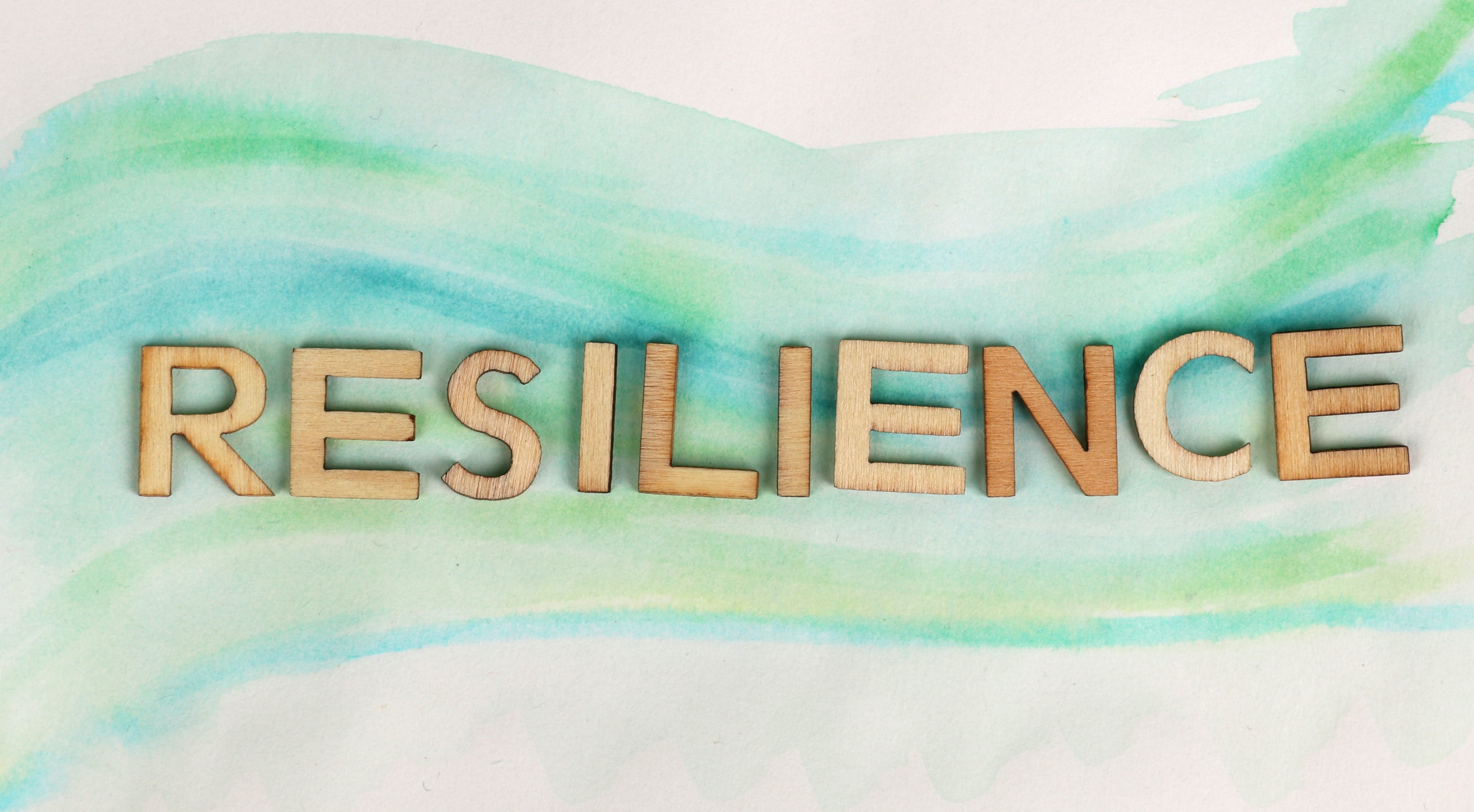Firstly, lets define the terms Resilience and Success to bring a little clarity…..
What is resilience?
It’s our capacity to withstand or to recover quickly from difficulties. It doesn’t mean that we won’t feel pain, upset, hurt, sadness, fear or anger when we experience difficult times but it means we can deal with the difficulties life presents to us.
What Is success
This is much more subjective, but taking a holistic view, success is defined by us as an individual and influenced by society as a whole. From an individual perspective, it’s about us living our values and having fulfilment and contentment. This can vary from each person so the purchase of a family home that gives one person a sense of success means very little to another as where achieving in their field of sports means success. The influence of wider society link to our needs to be accepted and we can gravitate to doing things that society see as successful which often links to status and living common values. Maybe write down what Your version of success is. Maybe journal this and see how this changes over the years.
Why does it help us to be more resilient?
There’s a strength in being resilient in that we learn from our life experiences rather than feeling hurt and despondent when unexpected or bad things happen to us. This means we can adapt and move forward rather than being halted; weighed down with some negative and debilitating beliefs that things will turn out bad. Being resilient helps us maintain a balanced view of life meaning we’re less likely to feel the depths of anxiety and depression. Research suggests that it helps us to achieve more, become a better leader, have healthier relationships, discover more skills and overall have better health.
So, does resilience help us to be more successful?
Resilience is definitely an ingredient to us being our successful selves. It will help us overcome difficulties, learn from experiences, adapt to change and help us to be relatively free from anxiety and low mood to be able to see and utilise opportunities as they present themselves. It’s important to be self-aware as sometime resilience can be confused with being overly tolerant where the reality maybe that we’re in a situation that we need to get away from.
How can we be more resilient?
- Mindset – Part of resilience is about our mindset. There are times when we can feel emotionally and mentally more resilient than others and factors that influence this on a daily basis can be about how we’ve slept, whether we’ve had positive or negative experiences that day, what we’ve eaten and our general energy levels. Wider influences can link to our well-being and general mood so resilience is influenced by how well we look after ourselves and how we interpret our experiences.
- Finding ways to bounce back means that no matter what happens, we recover from whatever got us down. This starts with accepting what has happened and dealing with it to be able to move forward.
- When we’ve faced difficulties, taking some time to reflect on what happened and how you dealt with it can be invaluable. It’s easy to get through a difficult time and feel exhausted or relief but taking time to notice what you did, what helped you the most and what you may do differently next time arms you with a sense of reassurance you can cope with life challenges.
- Having good support structures means that we feel supported and that alone allows us to feel stronger and more confident with the knowledge of having backup.
- Self-care is central to resilience! If we feel tired, not in control of our lives and unfit increases our ability to feel overwhelmed, stressed and anxious.
These suggestions to develop your resilience aren’t exhaustive and as the individuals we are, it’s most effective to find what fits best for us. The best results come from us experimenting and adopting what we feel works best or adapting them to our personal needs.
In the next few hours can you –
- Make a few notes about what resilience means to you
- Reflect on 3 difficult times in your life about what you did, how you got through it and what strength you can draw from it.
As always, feel free to comment or ask any questions.
Best wishes,


